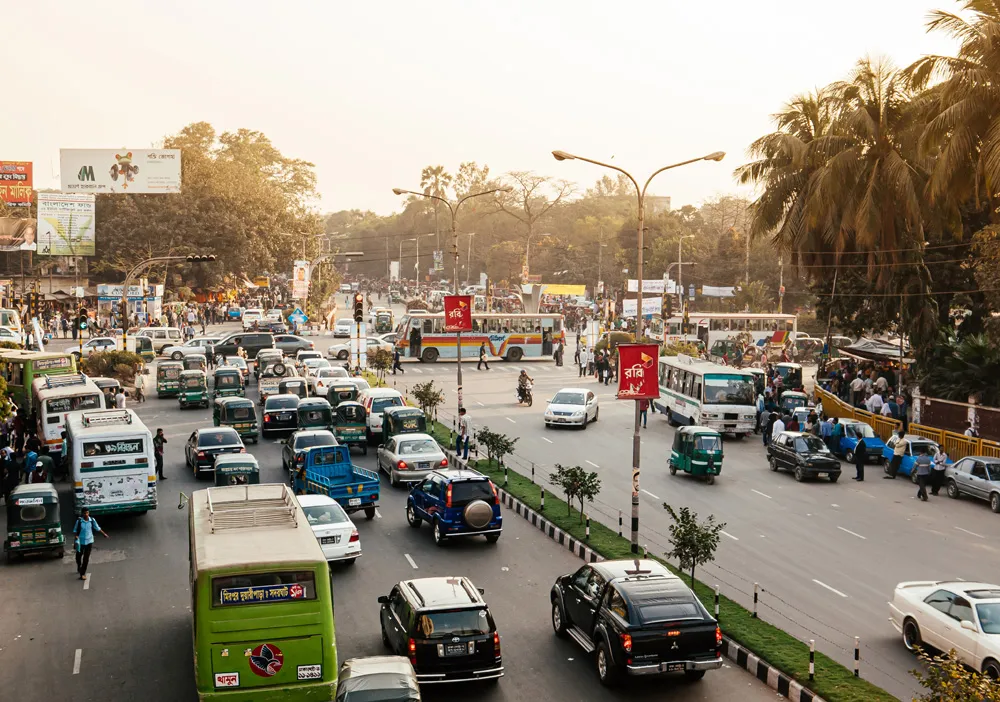Plans are being formulated for a road tunnel in Bhutan, with phase one of a feasibility study now having been completed by the Norwegian Geotechnical Institute (NGI).
February 7, 2012
Read time: 1 min
Plans are being formulated for a road tunnel in Bhutan, with phase one of a feasibility study now having been completed by the 1488 Norwegian Geotechnical Institute (NGI). The plan calls for a tunnel connecting Thimpu and Wangduephodrangand and initial estimates has suggested an expected cost of US$103.5 million). However this latest study suggests that the cost of the project could be reduced by up to 15%. The final feasibility studies should be completed by May 2011, by which time a more detailed cost analysis should be established. The funding sources for the project have yet to be revealed but it is likely that the World Bank and 943 Asian Development Bank will be amongst those on the list. European funding sources are also likely.








